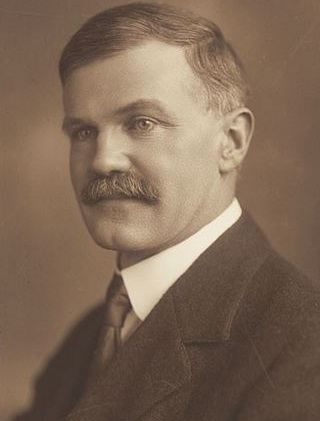![]() Frank Benedict was one of America’s leading physiologists whose work was an important contribution to understanding heat production and regulation in humans and animals.
Frank Benedict was one of America’s leading physiologists whose work was an important contribution to understanding heat production and regulation in humans and animals.
Trained as a chemist, Benedict began his career working under W.O. Atwater at Wesleyan University. He showed such talent at using calorimeters to measure heat production and loss that the Trustees of the Carnegie Institution of Washington, D.C., built a new Nutrition Laboratory alongside Harvard Medical School and named Benedict its Director in 1907.
For the next 30 years, Benedict built calorimeters and other instruments and meticulously measured the heat production of a wide variety of organisms, from humans to dwarf mice to elephants. He summed up his work in “Vital Energetics: A Study of Comparative Basal Metabolism,” published in 1938, which became a classic in physiology.
Benedict was criticized during this lifetime for being too limited by his chemistry background and avoiding new developments in biology, such as vitamins, cellular respiration, and the role of enzymes in energy production. At the age of 67, after 30 years of work at the Nutrition Laboratory, Benedict retired and ended his involvement in science. He died 20 years later at his summer home in Maine.
References:
